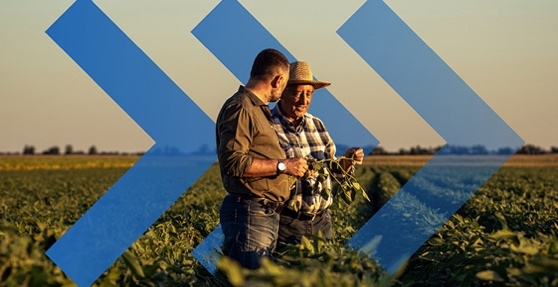Statement from Carl Burlock, EDC’s Executive Vice-President and Chief Business Officer
Export Development Canada (EDC) regrets providing a US$41 million loan in April 2015 to Westdawn Investments, a South African company owned by members of the Gupta family. EDC provided the loan to Westdawn to help finance the export of a Bombardier aircraft.
Over the past two years, EDC’s loan to Westdawn has been the subject of public interest—and for good reason. In the months and years following the signing of the transaction, allegations mounted against the Gupta family pertaining to corruption and political influence with the South African administration of President Jacob Zuma. During this time, EDC monitored these developments and our concern grew, as did the public’s, as more information came to light. In December 2017, EDC ended its business relationship with Westdawn. In response, the company launched litigation against EDC in the United Kingdom contesting the termination, and this litigation is ongoing.
To date, we have not provided information to the public on why we entered into the transaction. The largest impediment has been the ongoing litigation in the UK. However, despite the active court proceeding, we should have been more transparent in response to questions related to this loan, including whether we saw risks during our due diligence, why we proceeded, and what we have learned as a result. The active litigation still prevents us from sharing details pertaining to the legal phase of this matter, including why it appears that we delayed taking action, and we look forward to telling this part of the story once the litigation is concluded.
Today, EDC is issuing this statement to express regret for participating in this transaction, which resulted in a business relationship with the Gupta family. We want to confirm that our processes were in line with our international commitments under the OECD at that time and that we did see risks during our due diligence. EDC’s decision to participate in the transaction relied heavily on there being no formal charges or active investigations related to allegations. And while our processes did flag political influence concerns, they did not include an in-depth examination of risks related to Politically-Exposed Persons (PEPs).
As a result, EDC chose to proceed and acknowledges that that decision was a mistake. This transaction has provided powerful lessons for EDC. It helped us see gaps that we have since filled, resulting in improvements to both our due diligence and decision-making processes.
As a direct result of this transaction, we are better informed about the potential impacts of PEP-related risks and we factor this into our decisions for prospective transactions. Today, PEP-related risks are built into our due diligence process, which means all financing transactions are now reviewed for political influence risks. When there is an allegation, it is systematic that we conduct further due diligence into the concern, including reviewing the company’s governance and ownership structures to look for evidence of risks.
Our risk tolerance for PEP-related risks has also been lowered. Based on our experience with this transaction, and from our improved screening for PEP-related risks, we would not proceed today with transactions that feature the same risk profile.
Our approaches to corporate social responsibility continuously evolve to integrate new guidance and standards as they emerge and as we learn from our experiences. Over the last five years, we have invested significantly into our internal processes. We have established a Chief Compliance and Ethics Officer that is supported by a team of experts in the field. We have introduced a financial crime policy backed by improved screening and assessment capabilities for transactions, and enhanced risk training for our staff. We have established a management committee that reviews CSR-related risks of prospective customers at the outset of our engagement with companies new to EDC. We have also ensured that our decision making has numerous checks and balances by implementing a three lines of defense model to ensure greater oversight.
At EDC, we believe that good business— supporting projects and transactions that are financially, environmentally and socially responsible—is good for business. However, we recognize we haven’t always made the right business decisions. The Westdawn transaction is a case in point. We need to do better, and we will do better.

